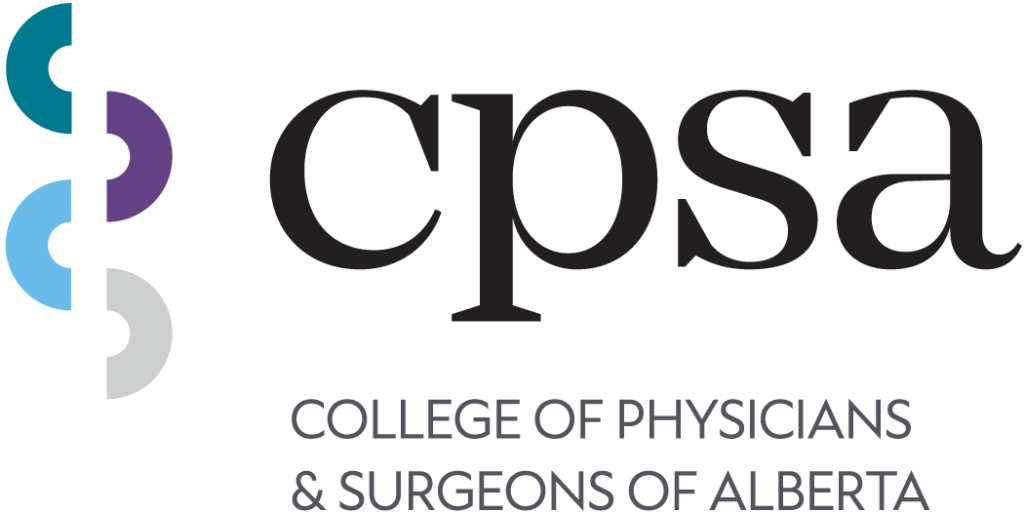Conflict is everywhere. Whether we think we are always stuck in the mud or able to rise above all the drama, we could all use some tips to better understand conflict.
Understanding conflict may seem like “common sense”, but if that were the case we would all be much better at mitigating and managing it.
When we understand conflict (what it is, its value, where it comes from, and tools available), we are better equipped to do something about it and approach it more confidently.
Research shows that humans are less likely to deal with difficult topics they do not feel knowledgeable about. By building a knowledge base, students will gain a sense of self-efficacy to take the plunge and experience the joys of approaching conflict with confidence.
Whether you are a professional, in the trades, or in the service industry this course will help develop your interpersonal skills and add to your professional repertoire. This course is suitable for parents, teens, managers and supervisors, boards, committees, and teams.
Understanding Conflict is part of the Approaching Conflict with Confidence series; this series offers online training to learn practical skills to better manage conflict at work and at home.
This course is not designed for individuals interested in pursuing a career in Mediation. Find more information on ADRIA’s Mediation training.
This course is also available as private training.
Objectives
This interactive course is designed to introduce students to basic conflict concepts, including:
- what is conflict,
- the value of conflict,
- what contributes to conflict,
- roles in conflict,
- key components of conflict,
- transforming conflict into something solvable,
- and basic takeaways for managing conflict when it inevitably arises.
Outcomes
This course is designed to introduce students to new ways of looking at conflict. With these new understandings, students will be able to approach conflict more confidently and effectively. Students will have easy-to-use tools that apply to a wide range of conflict situations.
Details
This course is presented over two, 3 hour sessions, for a total of 6 credit hours.

















